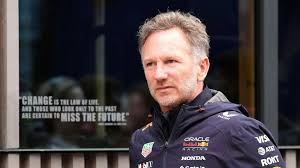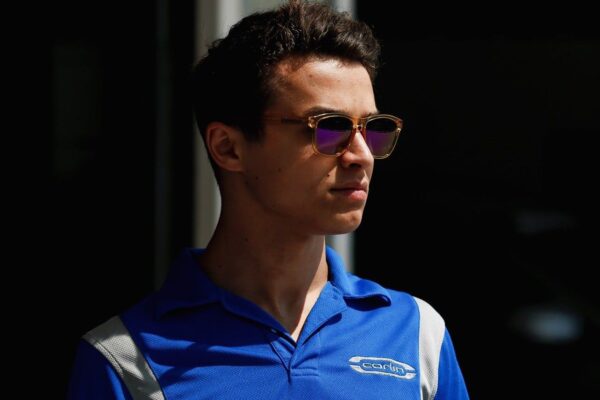
Introduction
Christian Horner, the Team Principal of Red Bull Racing, has significantly shaped the landscape of Formula 1 since he assumed the role in 2005. His leadership and strategic vision have transformed Red Bull into one of the most successful teams in the sport’s history. With multiple Constructors’ Championships under his belt, Horner’s influence extends beyond the garage, impacting team dynamics and the overall direction of Formula 1.
Horner’s Early Career
Before entering the world of Formula 1, Horner had a background in motorsport, starting his career as a racing driver at a young age. After a transition to managing the racing team of Arden International, he caught the attention of Red Bull’s then-executives, leading to his appointment as Team Principal in 2005. Under his guidance, Red Bull Racing rapidly rose to prominence, securing its first Constructors’ Championship in 2010.
Achievements and Challenges
Christian Horner’s tenure at Red Bull Racing has been marked by remarkable achievements, including four consecutive Drivers’ and Constructors’ Championships from 2010 to 2013, driven predominantly by Sebastian Vettel’s success. His ability to innovate and adapt to regulatory changes has kept Red Bull competitive amidst the evolving landscape of F1. However, the past few years have also led to challenges, particularly in maintaining competitive performance against rivals like Mercedes and Ferrari. In 2021, the battle for the championship intensified, highlighting Horner’s tactical prowess as he and his team implemented strategies designed to outmanoeuvre competitors.
Current Season and Future Outlook
As of the 2023 season, Red Bull Racing has continued its successful trajectory, thanks in large part to the talents of drivers Max Verstappen and Sergio Perez, alongside Horner’s strategic management. The team has secured numerous wins and is poised to contend for another championship. Looking ahead, Horner emphasizes the need for continuous improvement and innovation, particularly with forthcoming regulations that could shake up the competition. His insights into driver management and team dynamics will be critical as Red Bull seeks to maintain its lead in this fiercely competitive sport.
Conclusion
Christian Horner remains a pivotal figure in Formula 1, demonstrating how effective leadership can propel a team to unprecedented heights. His journey illustrates the balance between managing talent and fostering a competitive spirit, making him one of the most influential personalities in motorsport today. As teams prepare for future challenges, Horner’s experience and strategies will undoubtedly remain integral to Red Bull Racing’s success and the broader narrative of Formula 1.
You may also like

The Evolving Role of the Manager in Modern Business

Lando Norris: The Rising Star of Formula 1
